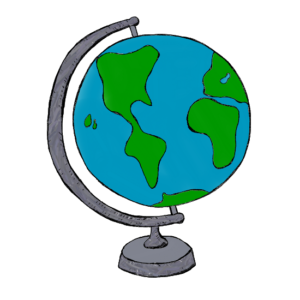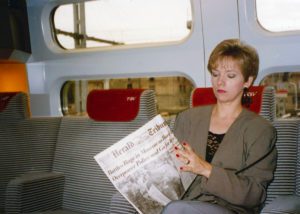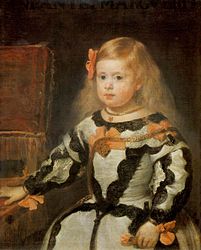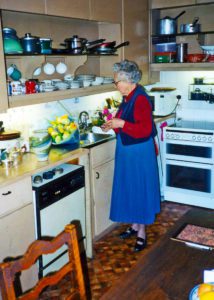What will the kids think?!

When I told our son we were considering roaming in retirement, his response was “Cool,” followed by lots of questions. He seemed mildly concerned that we hadn’t thought this through (true), and he had some consternation about our selling a much-loved house that we’d customized to suit all our needs.
Our daughter, who lives in Europe, was excited and immediately offered to help me figure out how to start a blog. She was not without some trepidation, though. As we discussed it more over the ensuing weeks, she struggled to make me understand her concerns.
“I’m excited for you and think this is a great idea,” she said. I’m just concerned about you having a safe landing if you need to come home.” I immediately reassured her about our plans to remain fiscally sound, but I’d missed the mark. “No, I understand you’re ok financially–I just worry about you,” she explained. “If something happened I’d want you to be able to get home safely and to have a secure place to stay.”
We went on to discuss things like travel insurance (which will likely be a major monthly expense), our ability to buy another house later if we sold ours, and other “safe landing” plans. She seemed satisfied, but our conversation highlighted for me an interesting dynamic with our family: role reversal.
For most of their lives, our children have relied upon us–for pretty much everything when they were very young, then for education, guidance, and financial assistance as they entered adulthood. Today they are fully independent, flourishing in their careers, and happily partnered. The interesting, and for me a bit strange, part of this is that we now rely on them, perhaps more than they rely on us! Our son, who lives nearby, comes over regularly to help with household chores that Phil can’t do alone (especially those involving ladders or heavy lifting). He is also our personal help desk for all matters technological, and when we won’t do it ourselves he buys us safety- enhancing things like video doorbells. Our daughter hosts Phil’s art website and this blog, and she has become a source of sage advice on topics ranging from travel to big decisions to interpersonal issues.
What’s weird is that this echoes our experience with our own parents. As they aged, they increasingly depended on their children (especially our siblings who lived next door, while we were many states away). Over the years we stopped relying on our parents for support and advice and started providing more to them. We became sounding boards for their problems instead of the reverse. They also gradually became more inwardly focused, showing less curiosity about our lives. They also began to echo our grandparents– I remember my parents ranting about the expired food in Grandma’s kitchen, but as they aged we began clearing out expired food in theirs.
In some ways, this role reversal with our own children is a somber reminder that we are getting older. I never want to be so inwardly focused that we lose interest in our children’s lives, our friends and family, and events in the larger world. And yet we are proud and thrilled to have raised these wonderful adults who now nurture us in ways we never anticipated. I hope that roaming in retirement will help us stay independent, keep us interested in things other than ourselves, and cause us to rely on ourselves and each other, delaying the time when we become increasingly dependent on our kids!



